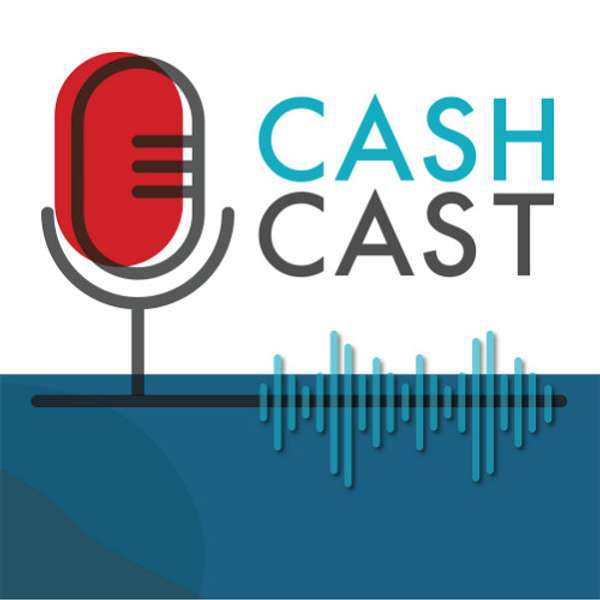
CashCast: A podcast from the CALP Network
This occasional podcast from the CALP Network looks in depth at the critical debates in humanitarian cash and voucher assistance (CVA). If you would like to take part or suggest topics for future episodes, get in touch at info@calpnetwork.org. CALP is a global partnership of humanitarian actors engaged in policy, practice and research in CVA.
CashCast: A podcast from the CALP Network
1.7: How can we use cash and voucher assistance to support universal health goals?
In episode 7, we discuss how health needs, and the provision of health services, in humanitarian response works and where using Cash and Voucher Assistance (CVA) may help. What we know already is that CVA may be used for health outcomes but giving cash via Multi-Purpose Cash Assistance (MPCA) via the Minimum Expenditure Basket (MEB) isn’t enough to meet health needs. We look at best practice on including health in the MEB, innovations in using CVA on the demand side, and exciting new hybrid approaches that are bridging demand and supply to improve access and quality.
Globally, meeting health needs is known to be an inherently complex challenge. This is because both the demand side (who needs care, what care do they need), and the supply side (hospitals, doctors, nurses, pharmacies – and their funding) of quality health care are critical factors. Within a humanitarian context, accessing quality health services when needed is generally difficult for socio-economically vulnerable people, since individual health needs are often unpredictable. At the same time, access and availability of quality health services is likely to be affected by the crisis. The results of post-distribution monitoring and other surveys show that people in receipt of cash, especially multipurpose cash, repeatedly spend a large proportion of the cash on accessing health services.
Given this context, in this episode of the CashCast, our panel of experts explore the following questions:
- How do health cluster members approach meeting health needs in a humanitarian crisis?
- Why are health needs and health services different to other needs and services? For example, food security and markets.
- Should we include health needs in an MEB and thus in the MPCA transfer value?
- Are there recent innovations in using CVA for health outcomes?
The host and guests are:
- Julie Lawson-McDowall (host) – Technical Advisor at the CALP Network.
- Andre Griekspoor – a medical doctor and public health expert with long experience in humanitarian health response. Andre is currently working in the Fragile, Conflict affected and Vulnerable settings unit of the World Health Organization' s department for Health Emergency Interventions. Among other things, he is responsible for health policy development in protracted crises, which includes approaches for health system strengthening in fragile contexts, and support to post conflict and disaster recovery planning processes.
- Anna Gorter – a medical doctor with a PhD in epidemiology. She has 40 years of experience working in low- and middle-income countries as a public health expert. Since 1995, she has been involved in the development of various approaches for Results Based Financing (RBF) for Health, such as health vouchers, and cash transfers.
- Corinne Grainger – an independent consultant working in health financing and health systems strengthening, with more than 20 years’ experience providing technical assistance across a range of intervention areas including Sexual and Reproductive Health, Family planning, MNH and adolescent health. In addition to support for programme design, management and evaluation, she has provided capacity development and strategic planning support for a range of government and NGOs.
We invite you to listen to this fascinating and in-depth conversation!
Further reading: there are associated resources produced by Global Health Cluster, WHO’s Cash Task Team and CALP. These include